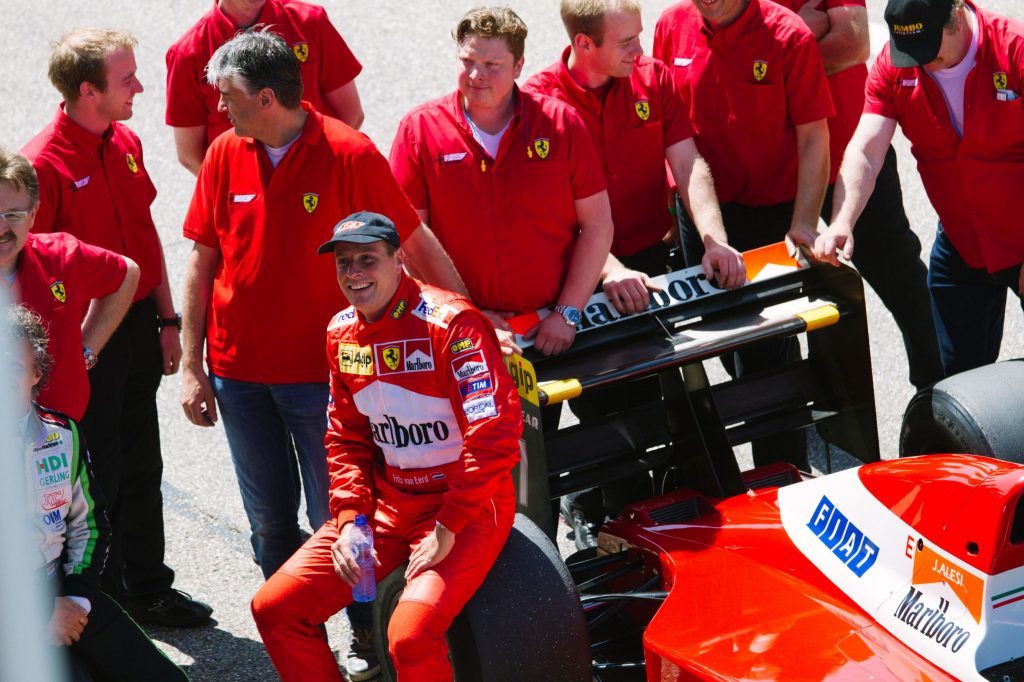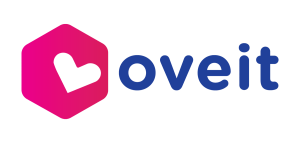Recently, you’ve hosted an event and you feel like your hard work finally paid off. Ticket sales were above expectations and you managed to reach your goals. However, with so many stakeholders involved, it is important to evaluate the success of your event in an objective manner. Obviously, feeling good about its outcome is a great sign, but in the events industry, there is always room for improvement.
In this article, I will go over different methods that can help organizers measure if their event was successful or if they need to make changes for future editions.
Pay attention to social media activity
In these days, it’s a given that you should be active on social media, especially if you want to promote an event. Post-event reactions coming from your attendees is the most valuable and rewarding feedback. In the end, all your hard work is centred around them with the purpose of creating memorable experiences. If you identify positive comments to your posts, such as: reactions, likes, comments or retweets, you will know for sure that your participants had a blast. Keep in mind that you should create social media content after the event to measure reactions more precisely.
Post-event surveys
Surveys are also a great method to find out opinions related to the success of your event. For relevant and truthful answers, try to keep them anonymous and don’t ask for personal details. Create questions strategically and don’t expect your participants to reply with long answers, because they won’t. Before conducting the survey, you should clearly define what you expect to get in return. For instance, dichotomous scales (‘yes’ or ‘no’) won’t help you find out if a customer was happy with an experience or not. In our case, a Likert Scale will prove to be more efficient. It is a good way to measure attitudes or feelings, therefore providing you with valuable insights.
Examples of questions that can measure the success of your event:
- How do you rate the event location?
- How do you rate the content that was presented?
- What is the likelihood to recommend this event to your friends?
If attendees respond with ‘less likely’ or ‘very unlikely’, you can insert a box that allows them to elaborate on their answers.

Event ROI
ROI (return on investment) = (benefits of the investment – cost of investment) / cost of the investment. Depending on your event theme and purpose, the benefits of the investment may vary. For instance, if you aim to turn a profit from ticket and registration sales, finding the ROI is simple. However, for a company that launches a product and therefore decides to host an event, the ROI will most likely be negative. The purpose of a product launch event is to generate as many leads as possible. You should look at it as a long-term investment that will generate a return in the future and not immediately after the event.
Sponsors Satisfaction
As previously mentioned, it’s not only about your attendees. Sponsors have a great contribution to your event and their feedback can add value to future editions. On top of that, they are the ones funding your event and they can’t be neglected. It might be relatively easy to bring them in for a first edition, but more importantly is to establish a long-term relationship that results in mutual benefits. Their level of satisfaction and willingness to return is measured slightly different. Listen carefully to their constructive feedback and prove that you fully understand what needs to be different for the next event.

Define your Key Performance Indicators (KPIs)
A key performance indicator is a performance measurement tool designed to evaluate the success of a business and its particular activities. The KPIs for measuring event success will be different based on your pre-defined goals and objectives.
The KPIs covered in this article apply for most events. However, for specific objectives, you might have to establish additional indicators.

